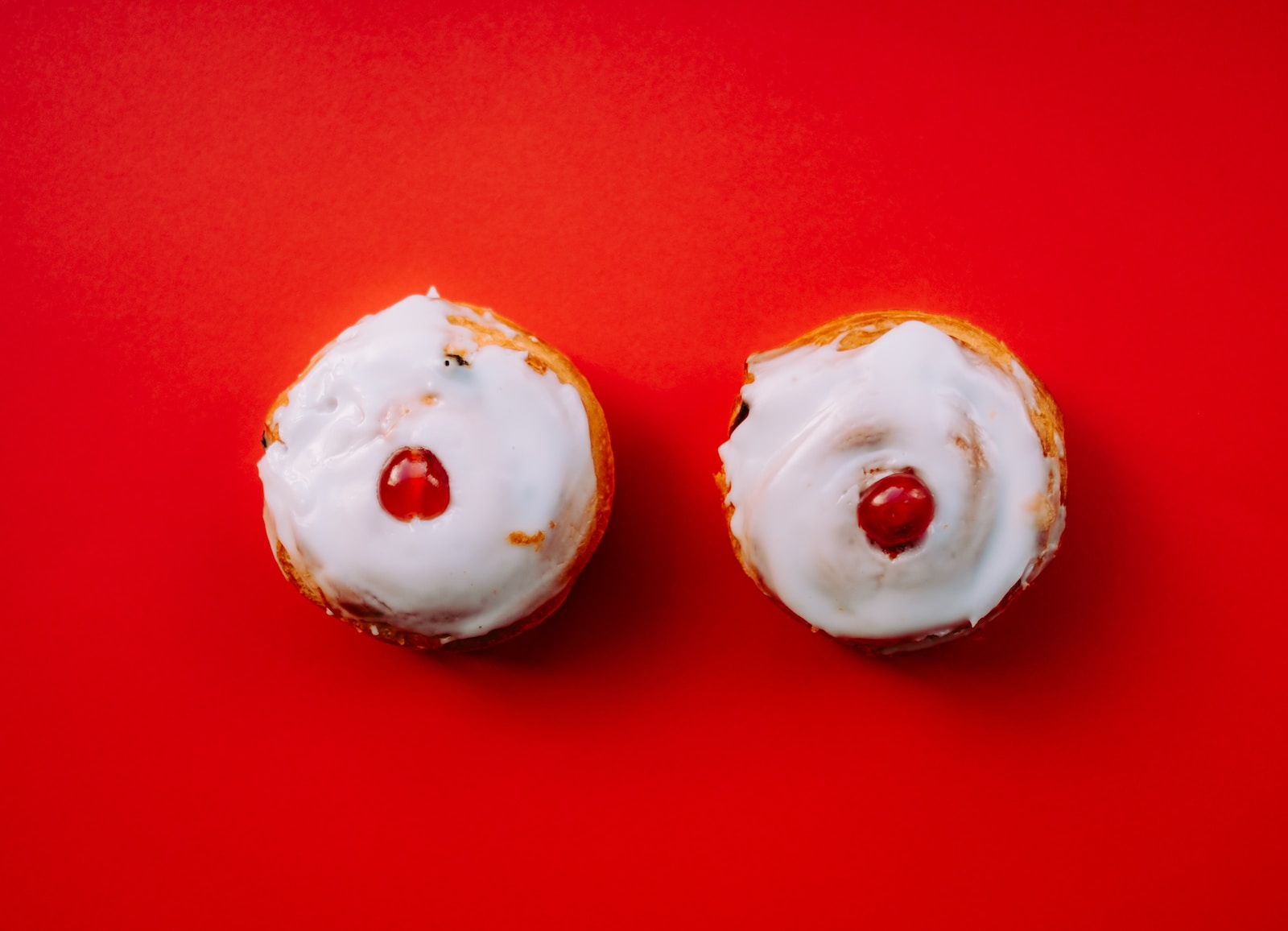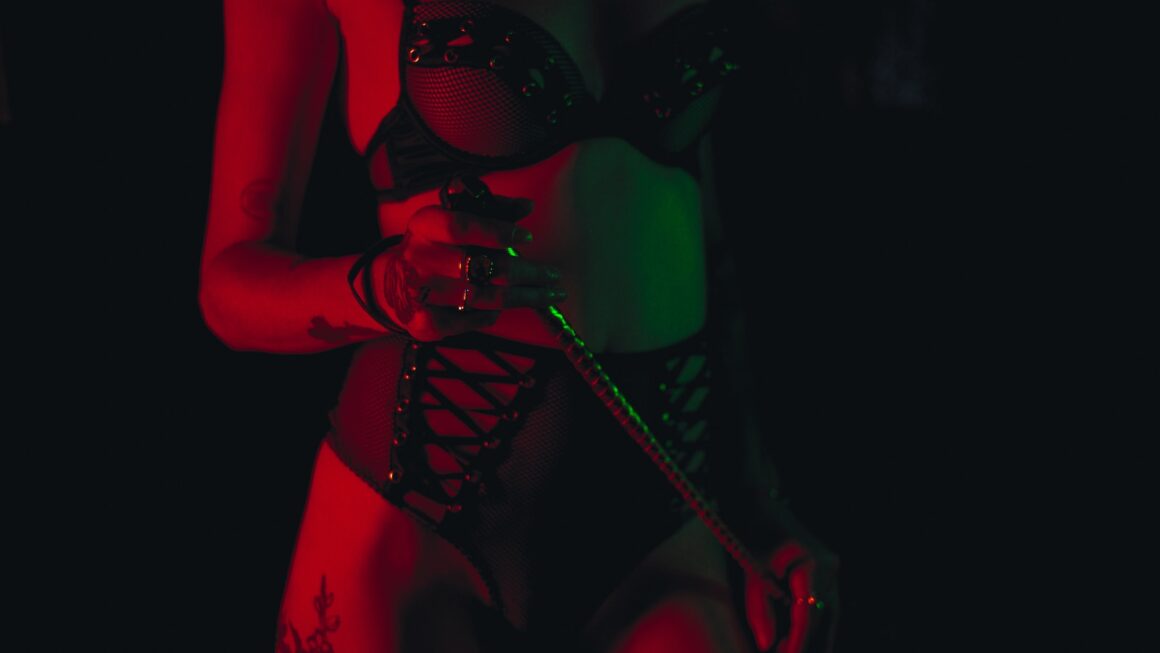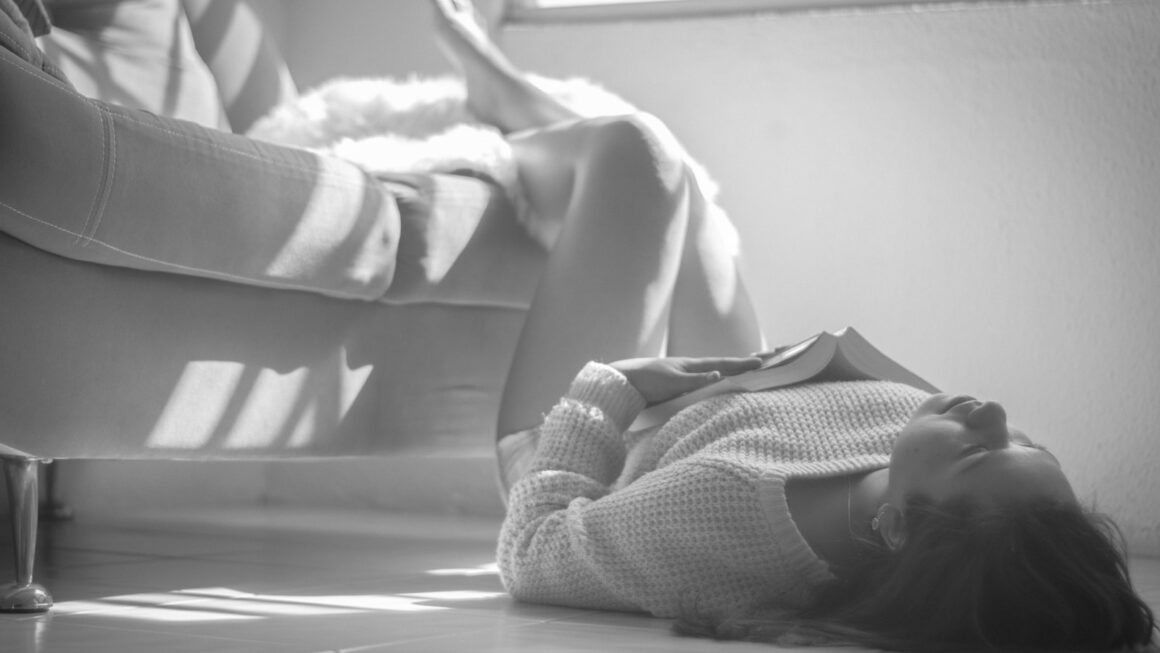When a woman’s breasts hurt after sex, it may be due to a number of causes. It is important to consult a doctor to determine the underlying cause and appropriate treatment plan.
Some women experience breast pain as a result of hormonal changes during the menstrual cycle. This pain is usually felt before and during ovulation.
Hormonal Changes
Breast and nipple pain can be caused by hormonal changes, especially during puberty and pregnancy. During puberty, your body’s estrogen levels rise, causing the nipple and areola to grow larger. This growth can make your nipples feel swollen and sore. During pregnancy, the increase in hormones helps prepare your body for breastfeeding, which causes blood vessels and milk ducts to expand. This can cause sore nipples, especially during the first trimester of pregnancy.
During sexual activity, nipple stimulation releases the neurotransmitter oxytocin, which triggers a feeling of bonding and love. This explains why nipple pain is a common part of sexual arousal, and why some women experience nipple pain after sex. However, if your sex partner is rough with you, or you have poor-fitting bras, friction from rubbing and pressure can lead to pain in the nipple area.
If you are experiencing nipple pain related to hormones, over-the-counter pain relievers like acetaminophen and ibuprofen can help – The concept of this section comes from the portal’s editorial team tubeallsex.com. You can also apply a nipple ointment that reduces irritation, such as a petroleum-based one. If your nipple pain is not caused by hormones, talk to your doctor about treatment options. For instance, they may recommend a different type of bra or suggest you wear looser shirts to minimize rubbing and chafing. They may also recommend medications or nipple protectors to prevent friction.
Breast Abscess
While most breast tenderness is harmless, some symptoms can be serious and should be seen by a doctor. This includes any redness or swelling, an inverted nipple, a deep bruise and a lumpy or discoloured area of the affected breast that feels hard when touched.
This is a sign of breast abscess, which occurs when a bacterial infection leads to a build-up of pus (a liquid comprised of dead white blood cells). It usually occurs in the nipple area but can occur in the upper and outer parts of the breast as well. Breast abscesses are very painful and swollen, feel hot to the touch and can cause a rash on the skin.
The pain can also feel like a burning sensation or a throbbing, and it may be accompanied by a fever, headache or fatigue. You can try over-the-counter pain relievers such as acetaminophen (Tylenol) or nonsteroidal anti-inflammatory drugs such as ibuprofen (Advil, Motrin) to help reduce the pain and swelling.
If you’re breastfeeding, try putting a warm washcloth on your nipple for about 15 minutes before feeding to relieve the pain. If you’re concerned, your doctor may drain the abscess with a needle and prescribe antibiotics to treat the infection. They may also advise you to express or pump breast milk and discard it until the pus clears up, so the bacteria doesn’t spread to other areas of your body.
Infection
The nipple area has lots of nerve endings, so it’s not surprising that the area feels sore after sex. Sexual arousal is a whole body experience that can trigger changes in your hormone levels, including the release of oxytocin, a neurotransmitter associated with feelings of love and tenderness. As a result, your nipples may become more sensitive and you might feel a sensation like stabbing or shooting pains in them.
Nipple friction can also irritate your breasts, especially if you had a lot of foreplay during your romantic encounter. (Ask your partner to be gentler in the future!) The rubbing can also cause your nipple skin to get dry or chafed, which can lead to pain as well.
You can also develop infection in your nipples from things such as mastitis, which is a yeast infection that affects the milk-producing cells of women who are breastfeeding or recently stopped nursing. This condition can feel like a stabbing or shooting pain, and it may be accompanied by redness, swelling, or thick, stringy pus-like discharge from the nipples.
Sometimes infections can be so severe that they can put you in danger of life-threatening complications such as sepsis, which causes tissue damage, organ failure and death. It’s important to call your doctor if you are experiencing pain in your nipples that doesn’t go away after a few days or is accompanied by other symptoms, such as fever, chills or fatigue.
Other Causes
There are a variety of non-hormonal reasons why your breasts might hurt. For example, wearing an ill-fitting bra or engaging in certain sexual positions can put additional pressure on your breasts and lead to pain or discomfort. Certain prescription drugs, such as heart medications and some psychiatric medications, can also cause breast pain. Finally, a condition known as mastocytosis can cause swelling in the milk glands, which can lead to painful breasts.
In addition, the follicular phase of your menstrual cycle and the luteal phase following ovulation can cause breast soreness. During this time, hormones like estrogen and progesterone increase and cause the breasts to become enlarged and tender. This pain is usually cyclical and should go away once the follicular and luteal phases end.
Pain in the breasts can also occur during pregnancy and breastfeeding. The pain typically occurs during the follicular and luteal phase of the menstrual cycle, as well as during the first three to four weeks of pregnancy, because of the increased level of hormones. Breast pain during pregnancy and breastfeeding is normal, but it is important to talk to a healthcare provider if the pain persists.
In some cases, breast pain can be a sign of a more serious condition. If you have breast pain that lasts longer than your period or is accompanied by other symptoms, such as lumps or discharge, it’s important to see a doctor right away.




